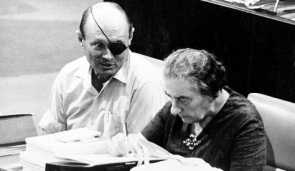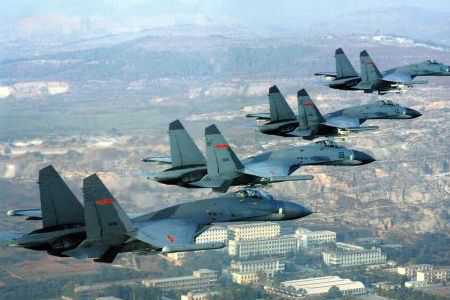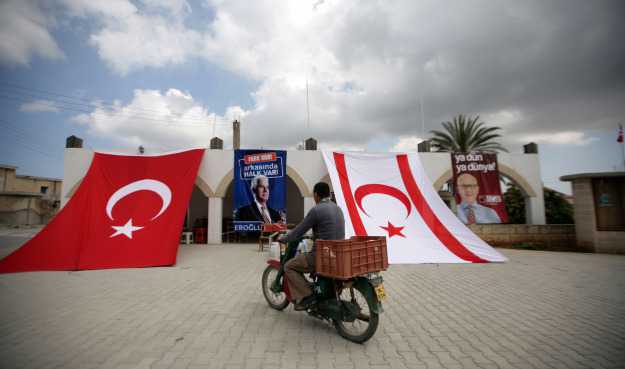
Posted By Geneive Abdo
Iran’s Foreign Minister Manouchehr Mottaki in recent days met with dignitaries at the United Nations to generate international support for Iran to engage in talks with the United States and other permanent members of the UN Security Council over Iran’s nuclear program. But when Mottaki and other Iranian officials in Tehran have talked recently about restarting talks, they are not referring to the nuclear negotiations the Europeans and the United States are hoping for; rather, they are trying to gain traction on negotiations about the Tehran Declaration, the agreement brokered between Iran, Brazil and Turkey in May, which is limited to a swap deal over a portion of Iran’s enriched uranium. This is the deal the United States, Britain, and France dismissed in May as a sideshow and a manipulative tactic by Iran to get out of tough sanctions, shortly before crippling sanctions were passed in the United Nations, the European Union, and the U.S. Congress. At the time, this action prompted a hostile reaction from Iran.
Now that Mottaki is placing the deal squarely on the table again, the Obama administration should seize the moment. Rather than purse talks over Iran’s broader nuclear program and risk failure — during a period when there appears to be little time to waste before either a military attack is launched against Iran or Iran develops the technology to produce a nuclear weapon — a wiser move would be to talk with Iran first over the Tehran Declaration as a way of building trust.
This is certainly the view of the Turks. A delegation of Turkish parliamentarians was in Washington last week for meetings with the Obama administration over Ankara’s relations with Iran, Israel and other issues. The delegation likely advised the United States to take Iran up on its offer to begin talks immediately over the Tehran Declaration. At least one other Turkish delegation visited Washington this past summer, delivering this same message. But their efforts produced little more than hostility from members of Congress and less than enthusiastic responses from officials in the administration.
In interviews I had in Turkey during a recent trip there, Turkish diplomats who spent months shuttling between Ankara and Tehran last spring to broker the Tehran Declaration told me that the United States should accept Iran’s offer to make the Tehran Declaration the framework of any negotiations with the five-plus-one because there is no support in Tehran now to negotiate over Iran’s broader nuclear program. This might be what the United States wants, but there is no backing for it among a cross-section of Iran’s political elites. “The inner circle around [Supreme Leader Ali] Khamenei views this Tehran agreement as a first step to establish good faith with Western governments,” said one Turkish official with first-hand knowledge of the talks with Iran.
Iran’s new campaign to revive the Tehran Declaration extends from New York to Tehran. On Sept. 28, Iranian Foreign Ministry Spokesman Ramin Mehmanparast reiterated Iran’s position: “We have repeatedly said that we are ready for talks with Vienna Group based on [the] Tehran Declaration and we are continuing consultation to specify details of the negotiation as well as its place and time.”
Turkish officials have stated repeatedly — both last week during their Washington visit and in the summer — that Turkey wants to facilitate the negotiations with Iran and the five-plus-one. Indeed, as the arbiter Turkey would likely ensure success. By now, Turkish negotiators understand the internal politics inside the Iranian regime far better than their European or American counterparts do. The many months Turkish foreign ministry officials shuttled between Tehran and Ankara were instructive: “It was a good lesson in how to build a consensus with different political actors,” one Turkish foreign ministry official told me who participated in the delegation.
The Turks believe that negotiations first over the fuel swap deal — even though it falls far short of the demands of the five-plus-one — will lead the inner circle around Khamenei and the supreme leader himself to compromise over other issues of concern to the West, such as Iran enriching uranium at 20 percent, which the Obama administration adamantly opposes because it could allow Iran to eventually produce a nuclear weapon.
The United States should listen to the Turks, simply because there are no other options to begin a dialogue with Iran. At this point, we do not need any more negotiations with Iran to understand that Western states cannot effectively talk to the Iranians alone. Talks between the five-plus-one with Iran, with Turkey as the arbiter, are a positive path out of the deadlock.
Geneive Abdo is the Director of the Iran program at The Century Foundation and creator of .
,






